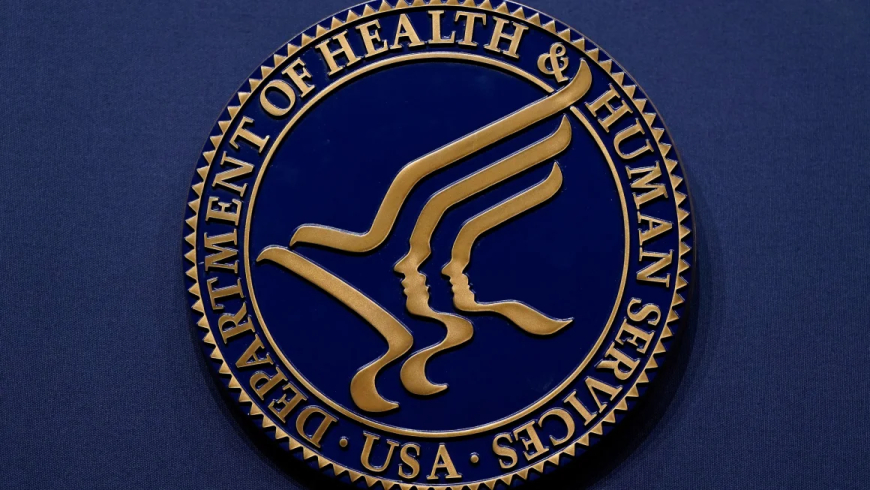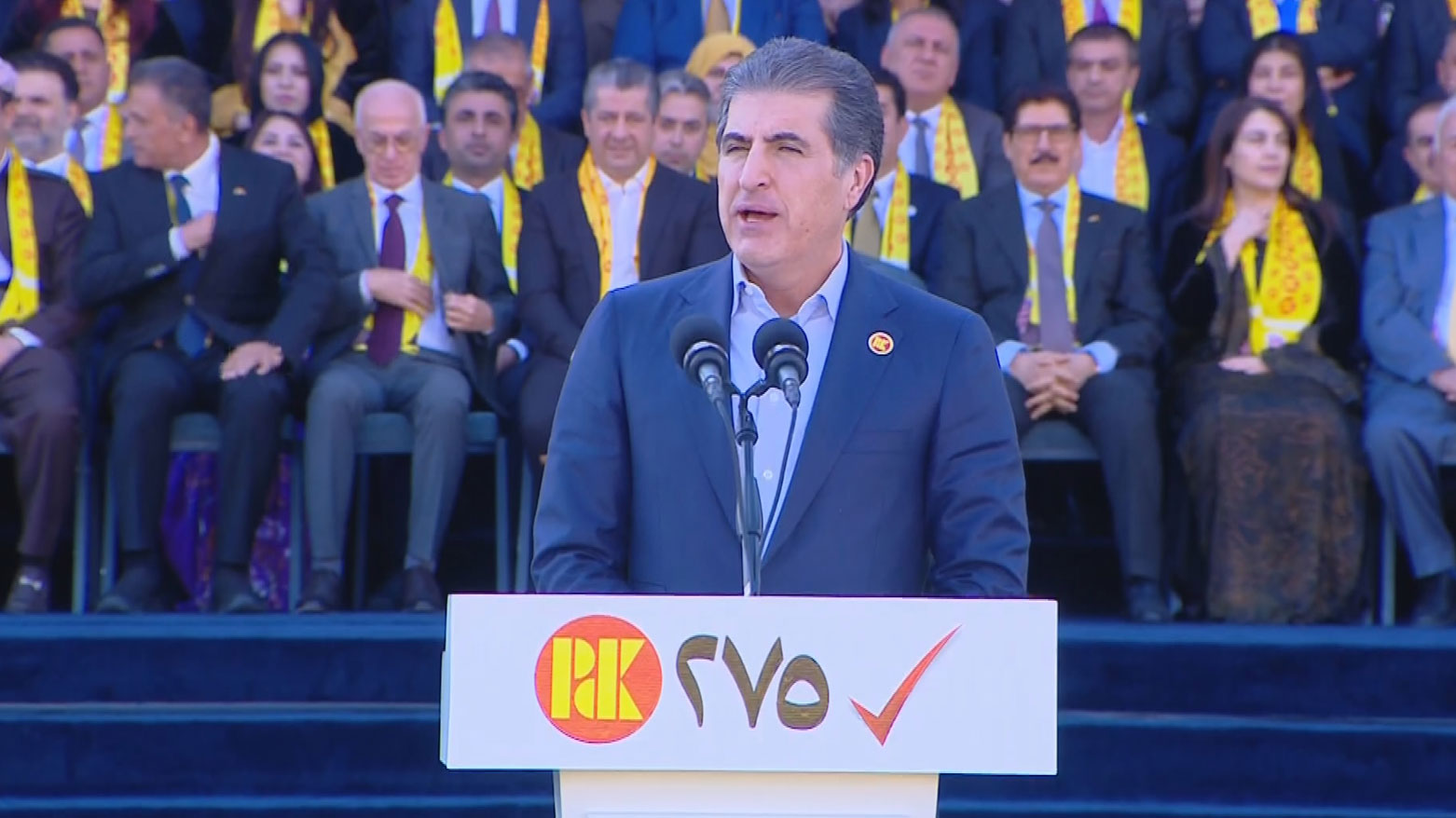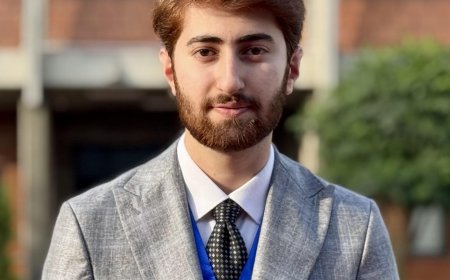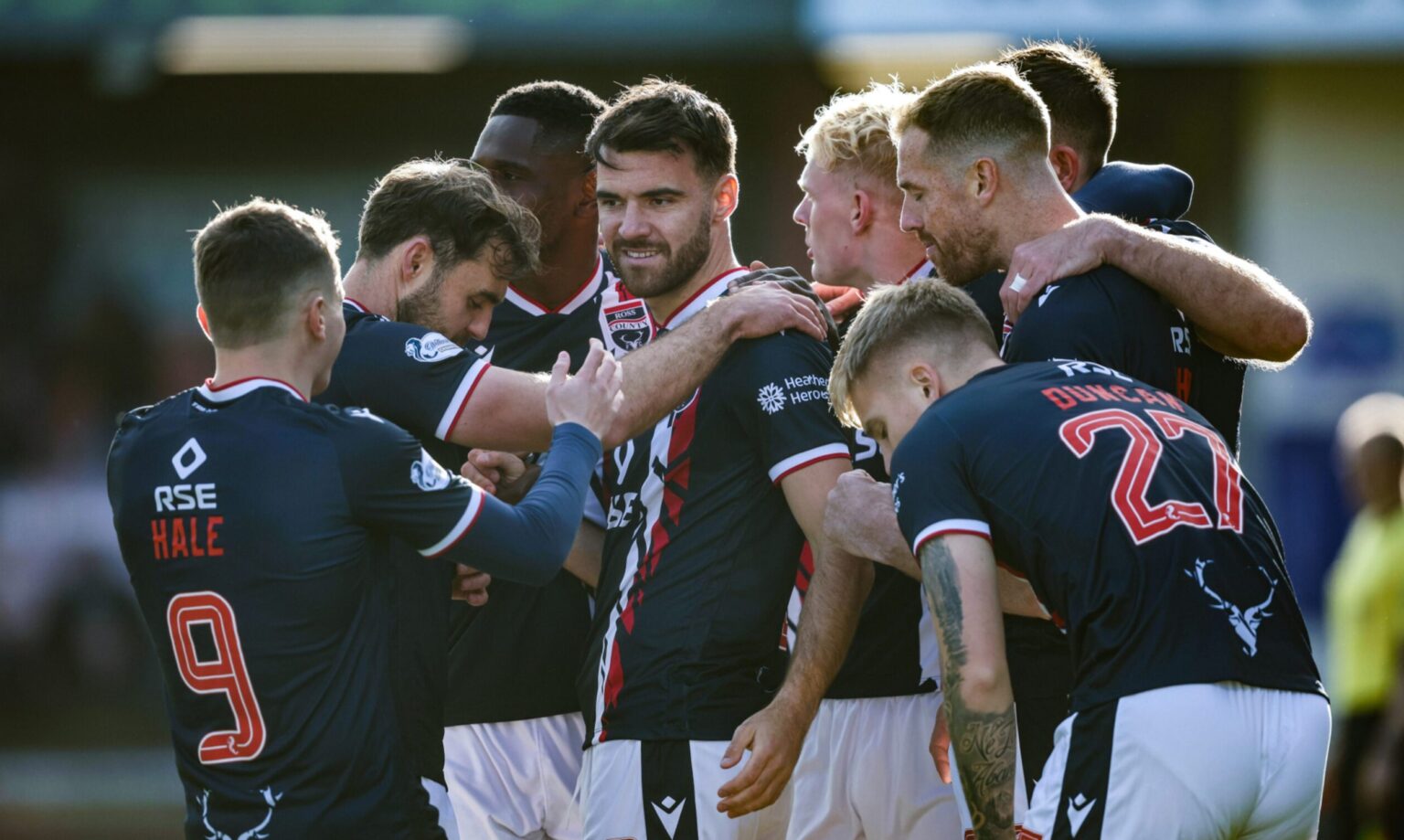HHS touts universal flu, coronavirus vaccine initiative while casting doubt on future of seasonal Covid-19 shots
The US Department of Health and Human Services said Thursday that it aims to accomplish within four years a scientific feat that hasn’t been achieved for the past 45: the development of a universal flu vaccine that could protect against multiple virus strains with pandemic potential, including H5N1 avian influenza. “Generation Gold Standard is a paradigm shift,” National Institutes of Health Director Dr. Jay Bhattacharya said in a statement on the new initiative. “It extends vaccine protection beyond strain-specific limits and prepares for flu viral threats – not just today’s, but tomorrow’s as well – using traditional vaccine technology brought into the 21st century.”

HHS said the project, being developed in-house at the National Institute of Allergy and Infectious Diseases, is targeting US Food and Drug Administration approval of universal influenza vaccines in 2029, with human clinical trials scheduled to start next year. The Wall Street Journal first reported that it will be funded with $500 million from the Biomedical Advanced Research and Development Authority, a figure confirmed by a spokesperson for HHS.
“I hope it works,” said Dr. Paul Offit, a vaccine scientist at the Children’s Hospital of Philadelphia. He noted that he trained in a flu lab in the early 1980s that was working on a universal flu vaccine, and one still hasn’t been developed. “It’s not for lack of effort, and it’s not for lack of expertise, and it’s not for lack of money that we don’t have a universal influenza vaccine. It’s just really hard to do.”
Flu viruses are wily because they mutate from season to season, sometimes significantly, and because efforts to protect against all – or many – strains at once haven’t succeeded, we get updated flu shots each year to protect us against the latest circulating strains.
A similar paradigm has unfolded for Covid-19 vaccines since they were first authorized in the height of the pandemic at the end of 2020. HHS’s new initiative also aims to develop universal coronavirus vaccines that could provide protection against not just the virus that causes Covid-19 – SARS-CoV-2 – but its cousins SARS-CoV-1 and MERS-CoV.
A large investment in older technology
The vaccine technology in HHS’s new initiative uses inactivated whole-virus vaccines, an older approach that delivers an entire virus that’s been chemically tweaked so it can’t infect human cells. The project comes from work being driven by Dr. Matthew Memoli, the NIH’s principal deputy director, and Dr. Jeffery Taubenberger, acting director of NIAID.
Memoli, who gained attention in 2021 for opposing Covid-19 vaccine mandates and reportedly declined Covid-19 vaccination himself, said in 2022 that one of the vaccines being advanced in this project, which can potentially be administered through a squirt up the nose, is an attempt “to induce a comprehensive immune response that closely mimics immunity gained following a natural influenza infection.”
Vaccine experts who are not involved in the project said universal flu and coronavirus vaccines are a worthy goal, but they questioned whether this project could produce one.
Dr. Greg Poland, who directs the vaccine research group at the Mayo Clinic, said the accepted scientific definition of a universal flu vaccine is one that would provide at least 75% protection against symptomatic infection with both A and B strain flu viruses for at least a year, and preferably over multiple seasons, for all age groups.
Poland says research that’s been published on the most advanced candidate in the new initiative, BPL-1357, describes a vaccine that contains inert versions of four A-strain avian influenza viruses but doesn’t include any B-strain viruses, “which tells me they’re not aiming at seasonal viruses,” he said. “They’re aiming at those viruses that have the potential for pandemicity,” or the potential to start pandemics.
Poland said he was also surprised by the amount of money being devoted to a vaccine technology that science has largely moved away from.
“Why would we devise a major program and devote a tremendous amount of resources to an old platform?” he asked.
The advantage of using whole viruses is that they give the body a chance to develop antibodies to many parts of a virus, which tends to create long-lasting protection, even if some parts of the virus mutate. But they can also cause unwanted side effects and adverse reactions.
Whole virus vaccines are typically grown in chicken eggs or cells. In this case, the vaccines under study are grown in canine kidney cells. Those viruses are treated with a chemical called beta-propiolactone, which prevents them from being able to copy themselves in the body and infect cells. The inactivated viruses are then purified and mixed into a shot or nasal spray.
The US used to use flu vaccines made from whole inactivated viruses but has since moved to safer options, such as subunit or split virus vaccines, which use only a part of the flu virus to create an immune response. Flumist, a nasal spray, uses a whole but weakened version of the virus, so it’s not completely inactivated. Inactivated whole-virus flu vaccines are still used in some other countries.
Poland and another vaccine expert, Dr. Peter Hotez, director of the Center for Vaccine Development at Texas Children’s Hospital, said whole-virus vaccines were once more common, but developers moved away from them because they produce inoculations that are sometimes too strong and can provoke dangerous immune reactions.
“I’m guessing it’s going to be quite reactogenic,” Hotez said.
He pointed to the 1976 swine flu vaccine, which produced a strong immune response to the whole virus it contained but also caused high rates of Guillain-Barré syndrome, an immune disorder in which the body attacks its own nerves and muscles, causing muscle weakness and paralysis.
Other whole-virus vaccines, including the first ones developed to fight respiratory syncytial virus or RSV, have caused problems such as immune enhancement, where exposure to the virus after vaccination makes the infection more dangerous, not less.
“It’s a bit of a head-scratcher why they have so much confidence in a whole inactivated virus approach. I don’t quite understand that,” Hotez said.
New testing requirements for vaccines
Just before it announced its new universal vaccine development plan, late Wednesday HHS threw into question the future of seasonally updated Covid-19 vaccines. The agency said in a statement that “all new vaccines will undergo safety testing in placebo-controlled trials prior to licensure – a radical departure from past practices.”
The FDA typically selects strains for updated Covid-19 vaccines in June so manufacturers can ready them for the fall respiratory virus season. The agency has adopted a system similar to the one used for flu vaccines, holding previously that updating only the strain targeted by the vaccine – and nothing else – didn’t represent a change big enough to require new human trials.
If HHS now requires placebo-controlled trials before clearing updated Covid-19 vaccines, experts said, that could delay availability of the shots by months, putting vulnerable people at risk.
“The advantage of updating the vaccine every year to make it more close to the circulating strain is, you get better antibody responses, so for four to six months, you will clearly have better protection against mild to moderate disease, and that matters especially for people who are more frail,” particularly people 75 and older, Offit said.
A spokesperson for HHS didn’t respond to an inquiry about whether the new guidance pertains to updated Covid-19 vaccines, but an official told CNN on Saturday that “the covid vaccines, including new ones by Pfizer and Moderna, are new and must have more gold standard science to ensure safety and efficacy for the public.” The official drew a distinction from the flu shot, “which has been tried and tested” for decades.
Questions about the fate of Covid vaccines began to swirl after the FDA missed an April 1 deadline to decide whether to grant full approval to the Novavax vaccine, the only non-mRNA vaccine available to protect against the coronavirus. A source familiar with the situation, who wasn’t authorized to speak on behalf of the agency, told CNN that the vaccine had been on track to be approved.
Novavax later said the FDA had requested a “postmarketing commitment” for a clinical trial, suggesting that a study would be required of the vaccine after it received full approval (it had been available through emergency use authorization since 2022). HHS’s newest statement adds to questions about whether a trial would be required before approval, not just for Novavax’s vaccine but also for updated versions of those from Moderna and Pfizer.










































